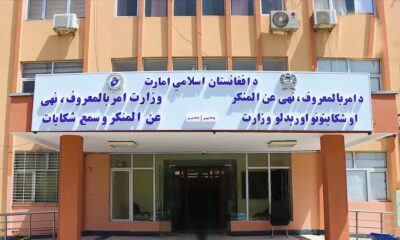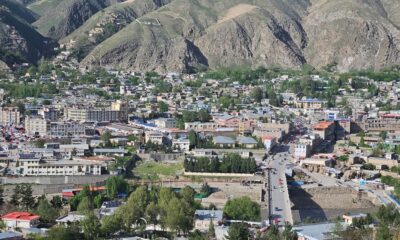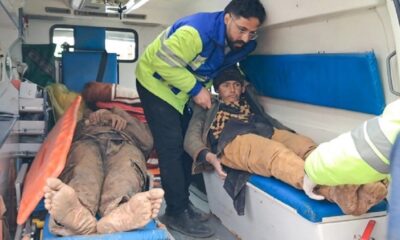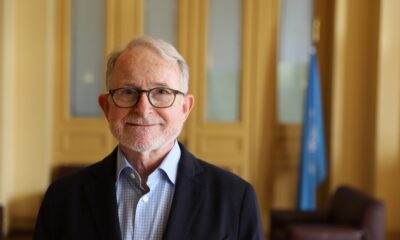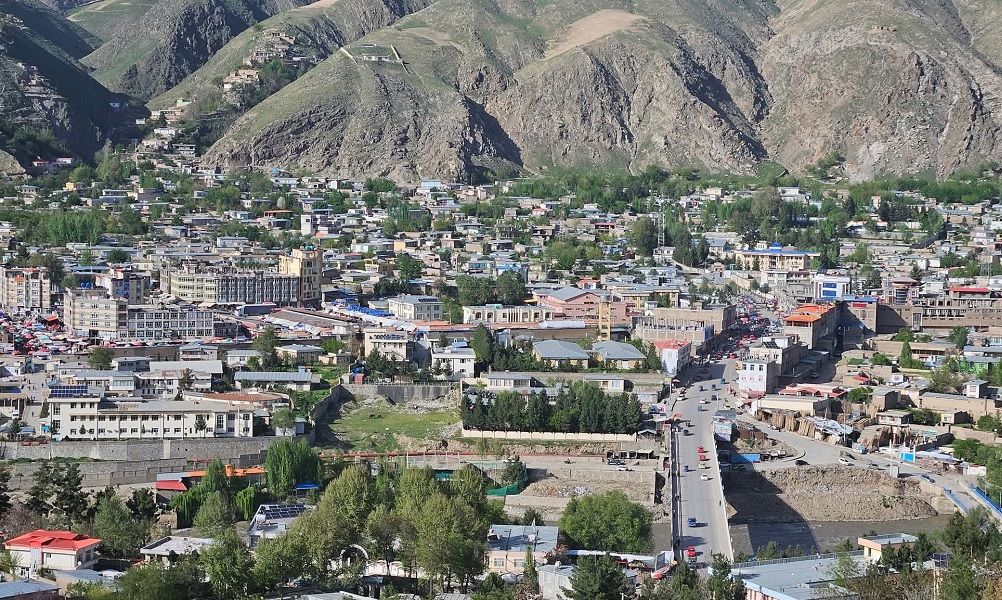Latest News
UN warns of ‘colossal’ collapse of Afghan banking system
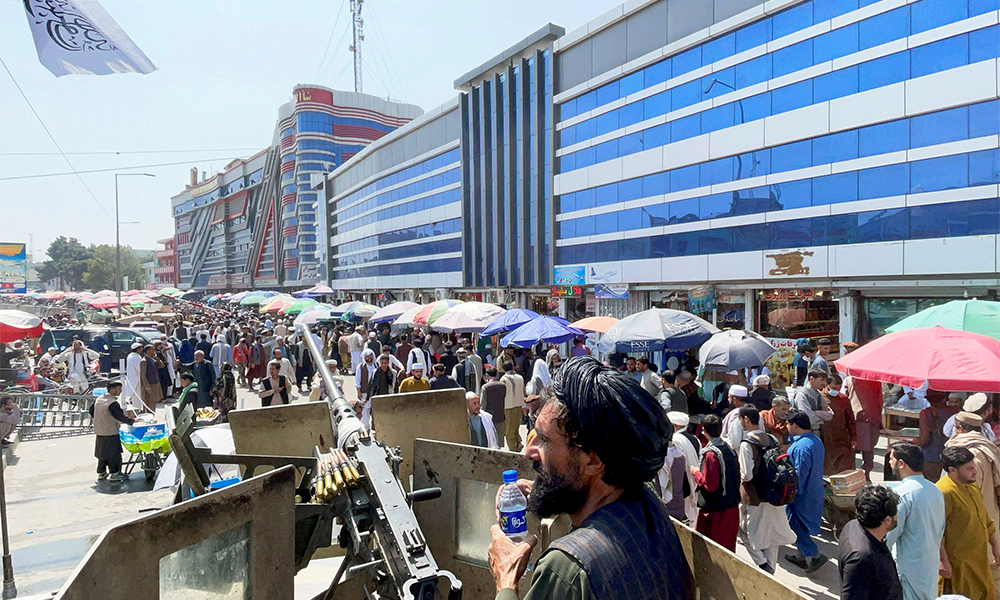
The United Nations on Monday pushed for urgent action to prop up Afghanistan’s banks, warning that a spike in people unable to repay loans, lower deposits and a cash liquidity crunch could cause the financial system to collapse within months.
In a three-page report on Afghanistan’s banking and financial system seen by Reuters, the U.N. Development Programme (UNDP) said the economic cost of a banking system collapse – and consequent negative social impact – “would be colossal.”
An abrupt withdrawal of most foreign development support after the Islamic Emirate of Afghanistan (IEA) seized power on August 15 from Afghanistan’s Western-backed government has sent the economy into freefall, putting a severe strain on the banking system which set weekly withdrawal limits to stop a run on deposits.
“Afghanistan’s financial and bank payment systems are in disarray. The bank-run problem must be resolved quickly to improve Afghanistan’s limited production capacity and prevent the banking system from collapsing,” the UNDP report said.
Finding a way to avert a collapse is complicated by international and unilateral sanctions on IEA leaders, Reuters reported.
“We need to find a way to make sure that if we support the banking sector, we are not supporting Taliban (IEA),” Abdallah al Dardari, head of UNDP in Afghanistan, told Reuters.
“We are in such a dire situation that we need to think of all possible options and we have to think outside the box,” he said. “What used to be three months ago unthinkable has to become thinkable now.”
Afghanistan’s banking system was already vulnerable before the IEA came to power. But since then development aid has dried up, billions of dollars in Afghan assets have been frozen abroad, and the United Nations and aid groups are now struggling to get enough cash into the country.
The UNDP’s proposals to save the banking system include a deposit insurance scheme, measures to ensure adequate liquidity for short- and medium-term needs, as well as credit guarantees and loan repayment delay options.
“Coordination with the International Financial Institutions, with their extensive experience of the Afghan financial system, would be critical to this process,” UNDP said in its report, referring to the World Bank and International Monetary Fund.
The United Nations has repeatedly warned since the IEA took over that Afghanistan’s economy is on the brink of a collapse that would likely further fuel a refugee crisis. UNDP said that if the banking system fails, it could take decades to rebuild.
Latest News
Over 365 women-related cases resolved in past month: Virtue Ministry
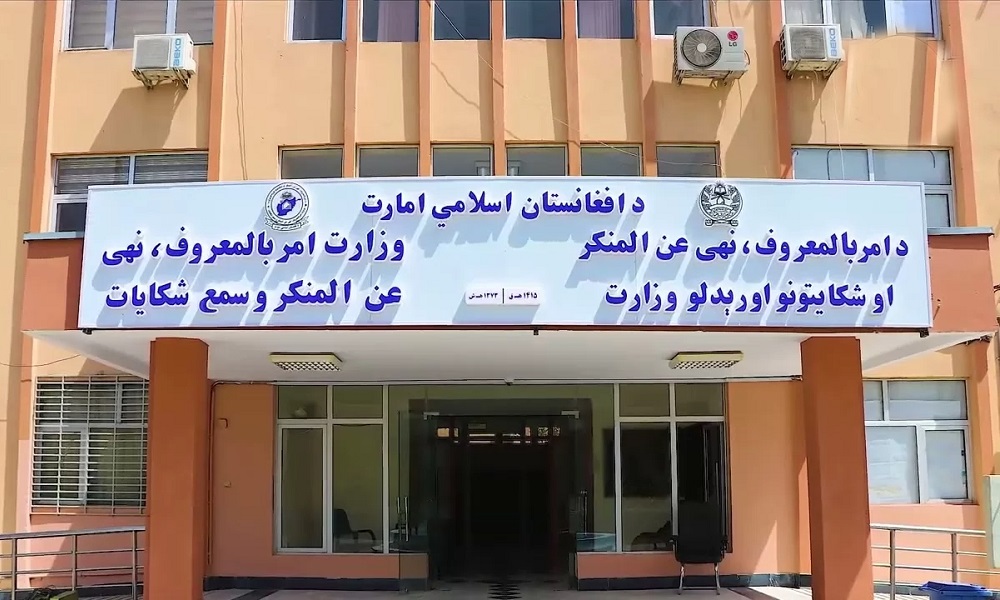
The Ministry for the Propagation of Virtue and Prevention of Vice (MPVPV) said in a statement that over the past month, it has handled 368 cases related to women’s religious rights.
According to the statement, the ministry also arrested 30 alleged sorcerers, resolved 175 cases of disputes and conflicts, held 743 meetings with traders, and conducted 1,304 reformative sessions with religious scholars and various segments of society.
Latest News
Five die as vehicle plunges into river in Badakhshan
Latest News
Moldova bans Afghan airlines over safety concerns

Moldova’s government has included Afghan airlines in its updated list of carriers banned or restricted from operating in the country, effective 19 February 2026, in line with EU aviation safety rules.
The order, signed by Deputy Prime Minister Vladimir Bolea, covers more than 200 airlines from around 20 countries, including Afghanistan, Russia, Iran, and North Korea. Most face a complete operating ban in Moldovan airspace and airports, while some have limited operational permissions, state news agency Moldpres reported.
The Civil Aviation Authority of Moldova will monitor compliance. The ban remains in place until Moldova joins the European Union.
-

 Latest News4 days ago
Latest News4 days agoIEA releases three Pakistani soldiers to mark Ramadan
-
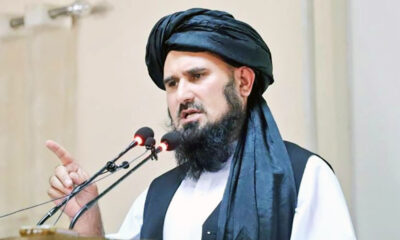
 Latest News4 days ago
Latest News4 days agoAfghanistan’s Chief of Armed Forces underscores readiness and equipment for national defense
-
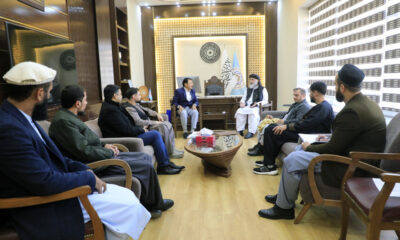
 Latest News3 days ago
Latest News3 days agoAfghanistan welcomes investment and technology partnerships with India
-
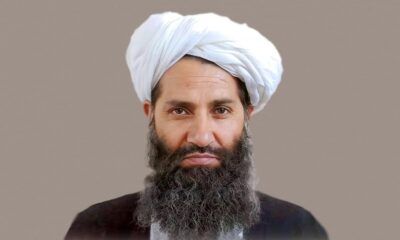
 Latest News4 days ago
Latest News4 days agoGrateful to Afghans and Ulama for obeying the Islamic Emirate, says Hibatullah Akhundzada
-

 Sport3 days ago
Sport3 days agoAfghan Peaks founder climbs Aconcagua to promote Afghanistan’s mountain potential
-

 Latest News2 days ago
Latest News2 days agoIndian customs seize Chinese walnuts falsely declared as Afghan
-

 Business3 days ago
Business3 days agoPakistan allows re-export of stranded Afghan transit cargo
-
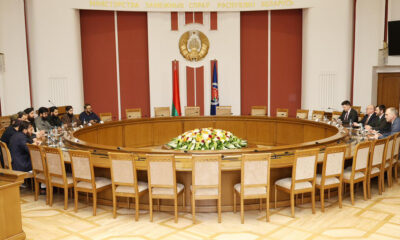
 Business5 days ago
Business5 days agoAfghan delegation visits Belarus to strengthen economic and industrial ties


